In fact, cholesterol itself is not bad. The body needs cholesterol to make vitamin D, digestive fluids, and hormones. Moreover, cholesterol is responsible for the proper function of your organs. However, having too much of low-density lipoprotein cholesterol levels may be a health-related problem. From time to time, high cholesterol can contribute to heart disease, increase the risk of a stroke, and damage your arteries. Remember to visit doctors regularly to check your cholesterol. You can lower levels with exercise, diet, and medicines to help prevent many complications. So, let’s understand the effects of high cholesterol on the body.
1. Diabetes
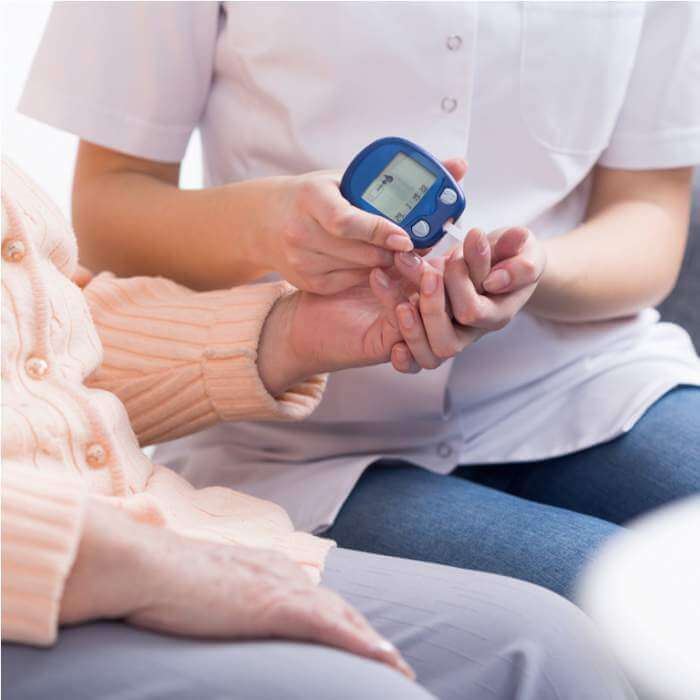
High cholesterol can result in diabetes because you tend to gain body weight and the regular digestive function of your body is disrupted. Moreover, too much of fat present in your body impairs the ability of your body to produce enough insulin which regulates blood sugar. Uncontrolled diabetes may result in a stroke, kidney disease, etc. Diabetes can also become hereditary later, so ensure that you keep the family safe; regularly do tests & checkups, especially for the older at home.
2. Endocrine System
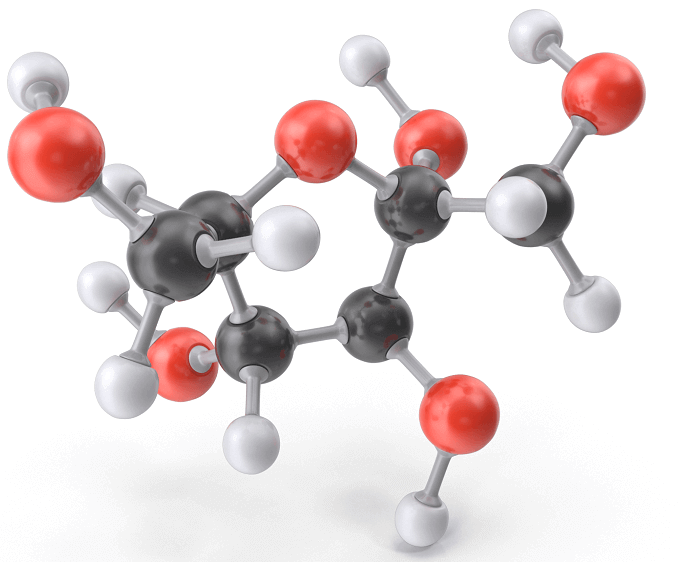
The hormone-producing glands of the body use cholesterol to make some hormones such as testosterone, cortisol, and estrogen. Hormones may have an effect on the cholesterol levels of the body. According to research https://www.nih.gov/news-events/news-releases/womens-cholesterol-levels-vary-phase-menstrual-cycle, when estrogen levels rise throughout the menstrual cycle of a woman, high-density lipoprotein cholesterol levels also rise, and low-density lipoprotein cholesterol levels reduce. Maybe it is a reason why the risk of heart disease in a woman often increases after menopause, when the levels of estrogen drop. A reduced production of thyroid hormone results in increasing total and low-density lipoprotein cholesterol. Excess thyroid hormone offers the opposite effect.
In fact, using androgen deprivation therapy to reduce levels of male hormones in order to stop the growth of prostate cancer can raise low-density lipoprotein cholesterol and lower high-density lipoprotein cholesterol levels. Also, a lack of growth hormone may raise low-density lipoprotein cholesterol levels.
3. Obesity

Too much of fat deposited in the body may be a reason for overweight and result in obesity. Obesity is not good for your body and may result in many lifestyle-related diseases. Moreover, overweight can put a strain on your joints, and may eventually result in severe joint pain. Remember to motivate members of your family to stay fit and you always have a happy & healthy family.
Doing exercises at home or regular walks can help you stay fit and spend quality time with your family. Even yoga can help to reduce weight and control high cholesterol.
4. Cardiovascular And Circulatory Systems
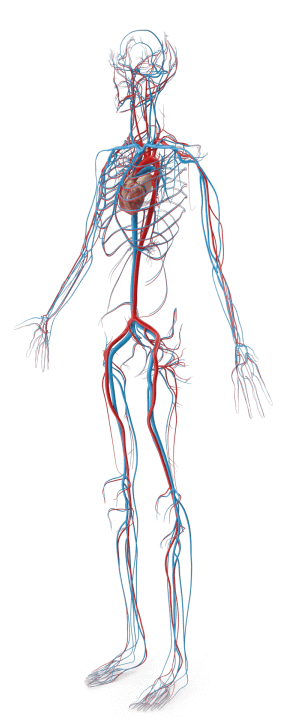
Having too much low-density lipoprotein cholesterol in the body can accumulate in the arteries, which clog them and make them less flexible. As you may know, hardening of your arteries is known as atherosclerosis. Blood cannot also flow through stiff arteries, so the heart has to work harder in order to push blood through them. When you have too much plaque buildup in the arteries, over time you may suffer from heart disease. The buildup of plaque in coronary arteries may disrupt the flow of blood and oxygen to the heart muscle. This causes chest pain that is called angina. Angina is not a heart attack; however, it may be warning that you are at a high risk of a heart attack. Even a piece of plaque may also break off and make a clot, which will block blood flow to your brain, resulting in a stroke, or to the heart, resulting in a heart attack. Also, plaque can block blood flow to arteries that are responsible for supplying blood to your stomach, legs, feet, and arms. This is known as peripheral arterial disease.
5. Numbness

Your feet and legs can feel numb or are too weak even when you are resting if you suffer from peripheral artery disease or high cholesterol. Also, patients can experience tingling and cramp more easily. Some other symptoms of peripheral artery disease are unusually cold limbs, a weak pulse in the limbs, blue or pale skin, and poor wound healing.
6. Liver
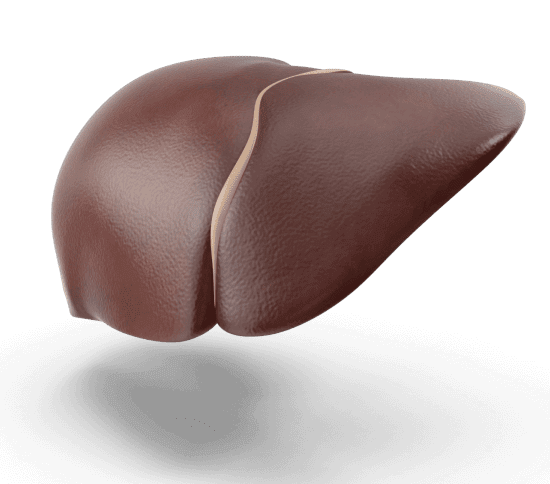
As you may know, the body is responsible for removing excess cholesterol via the liver, secreting cholesterol in the bile or converts it into bile salts. However, abnormally high cholesterol levels in your blood may trigger liver damage. The University of Michigan Health System notes that fat builds up in your liver, which causes fatty liver disease.
7. Heart

One of the common effects of high cholesterol on the body is the increase in heart-related diseases. Too much cholesterol in your arteries creates the plaque that narrows the arteries down. When your arteries are narrowed, the flow of blood is reduced which leads to a heart attack if not treated. In such cases, you and your family members should be careful with the food intake. Remember to reduce stress and avoid eating anything too oily. Cholesterol may get a family issue fast, so it’s crucial to support each other.
8. Brain
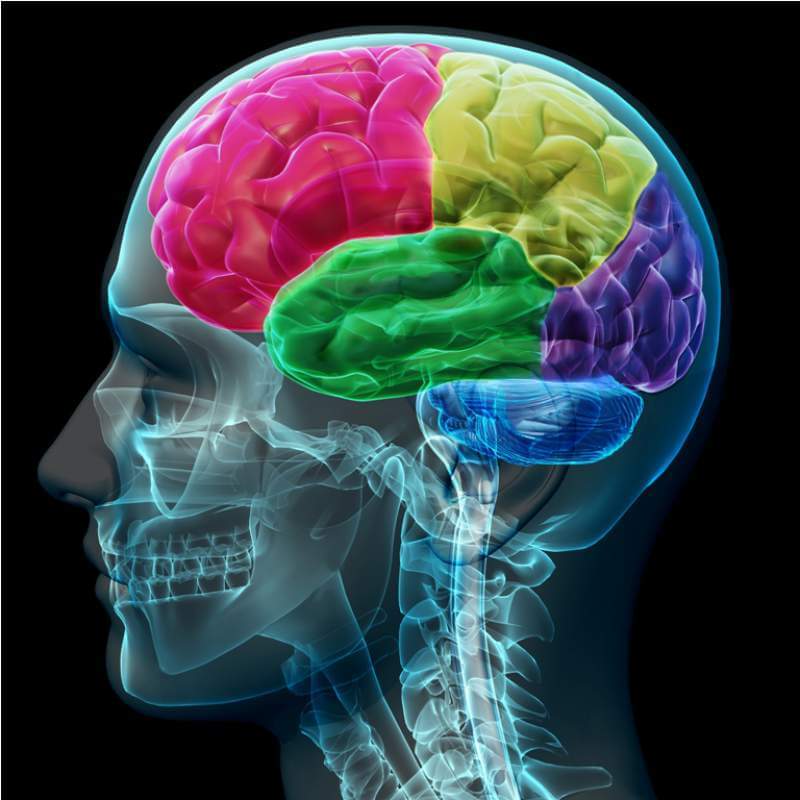
Cholesterol is considered as an essential component of your brain. According to a journal https://www.hindawi.com/journals/cholesterol/2012/292598/, the brain has about 20% of the entire supply of cholesterol of the body. This fat is very important for the protection and development of nerve cells, which allow your brain to communicate with other body parts. While the brain needs cholesterol to function properly, too much cholesterol may be damaging. Excess cholesterol may result in strokes, a disruption in the flow of blood that may damage parts of your brain, causing loss of movement, memory, and other functions. Moreover, high blood cholesterol has been related to the mental function and loss of memory. Having high cholesterol in the blood accelerates the buildup of beta-amyloid plaques. These sticky protein deposits damage your brain in people who suffer from Alzheimer’s disease.
Author Bio:
This guest post is by Emily Pham, a blogger with over 10 years of experience in searching the effective remedies for skin care and health problems.
